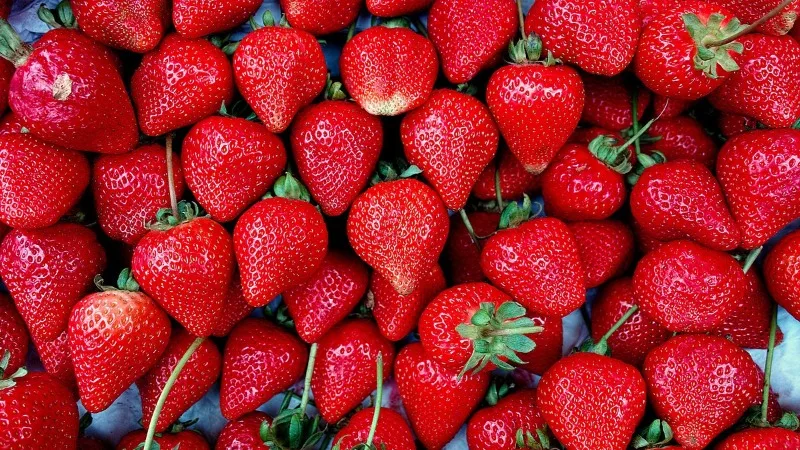I love strawberries. I can nibble on them all day long. There have been times when I have been engaged in other activities while eating strawberries. I may be sitting at the computer, typing away, blissfully chewing strawberries.
As I munch away, with my attention on the computer and not on the strawberries, I am sometimes surprised and disappointed when I reach into the bowl in a mindfulness fashion only to realize that I have eaten the last one.
On those occasions when I’ve eaten the last strawberry without realizing that it was the last one, the thought that came to mind was, “If I had known that I was eating the last one, I would have enjoyed it more!”
What is it about knowing that I’m about to eat the last strawberry that makes eating it more enjoyable? That particular strawberry isn’t going to taste any different from the rest of the ones in the bowl. What makes the experience of the last strawberry different and more enjoyable is the fact that I have focused all of my attention on enjoying it, because it is the last one.
What if we could learn to make every strawberry the last one?
Singer/songwriter Ray Charles once said, “Live every day as if it will be your last, because one of these days, you’re going to be right.”
What if you knew that today would be your last day on Earth? What would you do differently? How would you respond to those around you? What would you say to your loved ones? Would you treat them any differently if you knew that this might be the last time you would ever see them? What would be different about your to do list? Would your priorities change if you knew that this was your last day?
Looking at your life from this perspective tends to help you focus on what’s really important. If you could really live up to the idea that today may be your last day on Earth, it would probably cause you to slow down and enjoy each experience that comes your way. Each day could be the last strawberry.
The ability to do this is what practitioners of Mindfulness call Mindful Awareness. Mindful Awareness is the skill of focusing on one thing at a time. It is the ability to make each strawberry the last strawberry. It is also the ability to enjoy each day of our lives as if it were the last one. Mindful Awareness teaches us that the way to live every day as if it will be your last, is to focus on the moment, savoring every bit of every experience the world has to offer.
(Kabat-Zinn, 1994, p. 4) identifies three major components of mindfulness. These are:
- “On purpose” or intention,
- “Paying attention” or attention,
- “In a particular way” or attitude (mindfulness qualities
These components may be summed up as focusing on one thing at a time or being one-mindful.
By intentionally paying attention in a particular way (i.e., mindfully), we are able to focus only on the experience that is before us, without judgments or expectations. We are also able to approach the situation without assumptions by focusing only on the experience itself.
According to Shapiro, et al (2006), “In the context of mindfulness practice, paying attention involves observing the operations of one’s moment-to moment, internal and external experience. This is what Husserl refers to as a “return to things themselves,” that is, suspending all the ways of interpreting experience and attending to experience itself, as it presents itself in the here and now. In this way, one learns to attend to the contents of consciousness, moment by moment.”
By focusing on one thing at a time, we also place ourselves in the present moment, and take ourselves out of thoughts about the past or the future. In this way, we avoid the temptation to interpret the experience based on what has gone before or what may come in the future. The experience simply is what it is, with no interpretation required.
Kabat-Zinn, J. (1994). Wherever you go, there you are: Mindfulness meditation in everyday life. New York: Hyperion
Shapiro SL, Carlson LE, Astin JA, Freedman B. Mechanisms of mindfulness. J Clin Psychol. 2006 Mar;62(3):373-86. doi: 10.1002/jclp.20237. PMID: 16385481.

